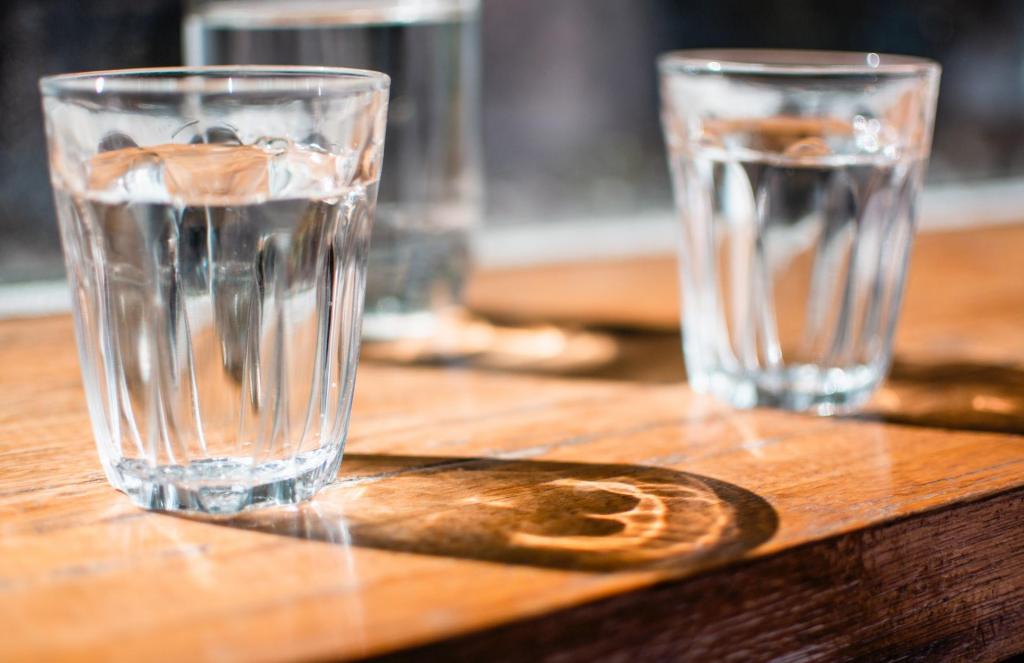Thessaloniki gets ready for its metro launch in November
The underground rapid transit lines have been under construction for almost two decades due to various project delays
 TheMayor.EU logo
TheMayor.EU logo 
Tap water in Sofia is considered among the best in Europe, because it comes directly from nearby mountains
The city’s municipal water company urges restaurants to start serving tap water. People will be able to find such establishments on a digital map
At the end of June, Sofiiska voda, Sofia’s municipal water company, announced the start of a new campaign aiming to reduce the use of plastic bottles. The campaign will feature various restaurants, cafés and bars in the city that offer free tap water to their clients or refills to people on the go. Said establishments will be labeled with a special sticker, ESGNews reports.
Residents and tourists will be able to find restaurants participating in the campaign through an interactive map, provided by the StolichnaH2O non-governmental organisation.
The idea of the campaign is to promote more sustainable drinking habits among citizens, especially during the summer heatwave. An additional benefit is that Sofia’s tap water is considered among the best in Europe, as it is piped directly from the Rila mountain.
One distinguishing feature of the water in Sofia is the neutral pH, estimated at around 7.2. This is because it comes from the nearby Rila mountains, while the springs are primarily filled through melting snow. The water also lacks a characteristic taste and odour, making it perfect for everyday use by people of all ages.
Additionally, according to data from Sofia’s municipal water company, in 2021 alone, authorities took over 9,000 samples from different points along the pipelines, from the sources to the consumer. These samples have reportedly been tested around 150,000 times and have proven to exceed by far the national quality control standards.
Another key reason for the campaign, according to the water company, is to try and shift people’s perception of water consumption, making tap water more socially acceptable. At the same time, tap water has the added benefit of reducing the use of single-use plastic bottles.
According to StolichnaH2O, Bulgaria's capital used to have a lot of public water fountains and for generations they used to be the primary source of hydration for residents. However, in the last decade, more and more fountains have fallen into disrepair and stopped functioning.
Despite the relative dry spell, water fountains are still shown on the map, regardless of their functioning. This is because the group wants to draw attention to the unavailability of public water sources.
According to their estimates, saving five bottles of water per week for one year would be the equivalent of saving 65 litres of petrol, 780 litres of water, 2.5 kilos of plastic, 21 kilos of carbon dioxide and around 170 euros.

The underground rapid transit lines have been under construction for almost two decades due to various project delays

Now you can get your wine in Talence by paying directly in Bitcoin

That’s because the state has to spend money on updating the railway infrastructure rather than subsidizing the cost of the popular pass

Rethinking renewable energy sources for the urban landscape

The examples, compiled by Beyond Fossil Fuels, can inform and inspire communities and entrepreneurs that still feel trepidation at the prospect of energy transition

Now you can get your wine in Talence by paying directly in Bitcoin

The 10th European Conference on Sustainable Cities and Towns (ESCT) sets the stage for stronger cooperation between the EU, national and local level to fast track Europe's transition to climate neutrality.

At least, that’s the promise made by the mayor of Paris, Anne Hidalgo

The underground rapid transit lines have been under construction for almost two decades due to various project delays

At least, that’s the promise made by the mayor of Paris, Anne Hidalgo

Hostal de Pinós is located in the geographical centre of the autonomous region

Despite its church-y name, the district has long been known as the hangout spot for the artsy crowds

Urban dwellers across the EU are having a say in making their surroundings friendlier to people and the environment.

Forests in the EU can help green the European construction industry and bolster a continent-wide push for architectural improvements.

Apply by 10 November and do your part for the transformation of European public spaces

An interview with the Mayor of a Polish city that seeks to reinvent itself

An interview with the newly elected ICLEI President and Mayor of Malmö

A conversation with the Mayor of Lisbon about the spirit and dimensions of innovation present in the Portuguese capital














